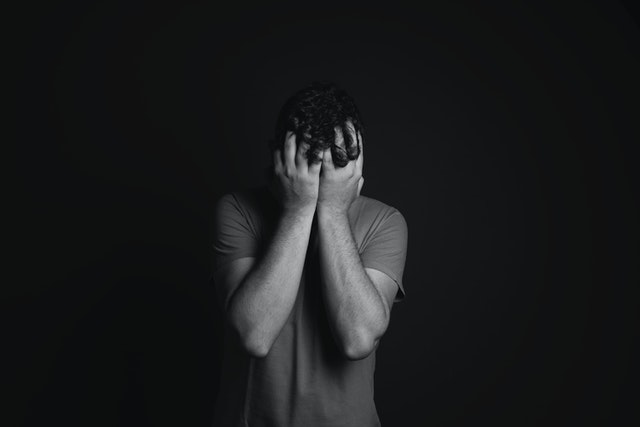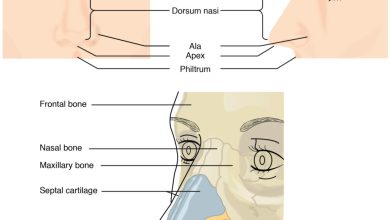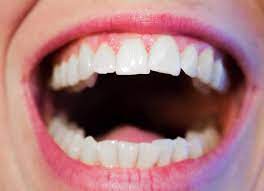6 Ways Alcohol and Drug Addiction Affects Mental Health

Last Updated on March 7, 2024 by admin
Image Source: Pexels
Addiction tends to have a vice grip over people physically and mentally, and it comes down to their willingness to accept treatment. The effects of excessive alcohol and drugs on the mind have been well-documents and have perceivable consequences. Still, many fall victim to it because of the ability to temporarily address extreme pain. Here are six ways addiction affects mental health.
1. They Alter The Chemical Makeup Of The Brain And Reduces Pleasure
People often take drugs and drink excessive alcohol to feel pleasure and delight. Although, this temporary feeling fades as addiction results in needing more of the substance to feel the same effects. Sensitivity to satisfaction becomes decreased as the user continues to feed their addiction. This feeling varies in severity, depending on how strong their tolerance is. Learning more about the mental consequences of drug and alcohol addiction will give you better insight into any particular addictive substance.
2. Addiction Can Make You More Sensitive To Stress Factors
Life is stressful enough for many people, and the reason for using drugs and alcohol usually stems from painful occurrences that plummet into addiction. To gain perspective, think about it this way. Caffeine is a drug that most people use daily, and if you go one day without it, you might be exhausted and irritable. The more daily coffee you’re dependent on, the higher the stress when the flow of Caffeine ceases. Drugs and alcohol are much more severe because users turn to their pain-relieving effects instead of facing life head-on.
3. They Can Cause Mental Illness Over Time
It’s prevalent for substance abuse and mental illness to appear together because they go hand in hand. Understanding the direct link between drugs and the mind is relevant when dealing with an addicted loved one. They may say or do things from a sick mentality resulting from a distorted world perception. Symptoms may include increased paranoia, delusions, hallucinations, and lethargy. Sometimes, a mental illness can start and lead to drug addiction. Most often, one becomes intoxicated on a substance for so long that it begins negatively affecting and damaging the brain. Swift and early treatment are ideal for those struggling.
4. Social Problems Tend To Increase Because Of Irritability
You will find that someone addicted might be completely normal on the outside, but as they progress, they might start to change. Irritability is a common symptom of those who haven’t gotten their fix, and withdrawal can be hazardous to themselves and others. The severity depends on the high tolerance, but severe alcoholics are trapped because attempting to go cold turkey can kill you. When drinking, you lack judgment, and the nature of alcohol is a depressant, even though many perceive it as a stimulant. It often negatively affects close relationships; some personalities are compulsive and dangerous under the influence.
5. Rehab Is Ideal When Addiction Affects The Mind Drastically
It’s common for addiction to lead you down a road where you lack control over the situation. It can get severe to need professional help regarding dependency on any given substance. Each one is a different withdrawal process. Facilities such as Defining Wellness Centers is an outpatient drug rehab in Mississippi that can help make transitioning to sobriety smoother. They use various treatments and therapy with a clinical team that understands the subtleties of addiction. When the mind is unbalanced, it’s sometimes necessary to stage interventions.
6. Behavioral Issues And Poor Decision Making
Someone with an addiction might have trouble functioning in real life with tasks like maintaining a family, job, or even their daily diet. Drugs and alcohol inhibit the brain’s overall functionality and create a fog that hinders wise decision-making. If you’ve had even one drink, you know how much easier it is to hit the dance floor or engage with others. That’s because it melts inhibitions and causes an altered mental state. Responsible drinking is fine recreationally, but it’s a slippery slope to addiction, and sometimes all it takes is the death of someone close to spiral out of control. Indeed, past addicts should stay away from even the casual cocktail.
Mental Health Issues And Addiction Are Heavily Correlated
Now you know how serious a drug or alcohol addiction can be. Alcohol, in particular, is a highly vicious cycle that can destroy your mental state. However, recovery is possible through guided rehabilitation, even in the most extreme cases. Addiction negatively impacts your mental state and can cause temporary episodes of drug-induced psychosis. There is always hope to climb out of this pit, but it’s not easy.




